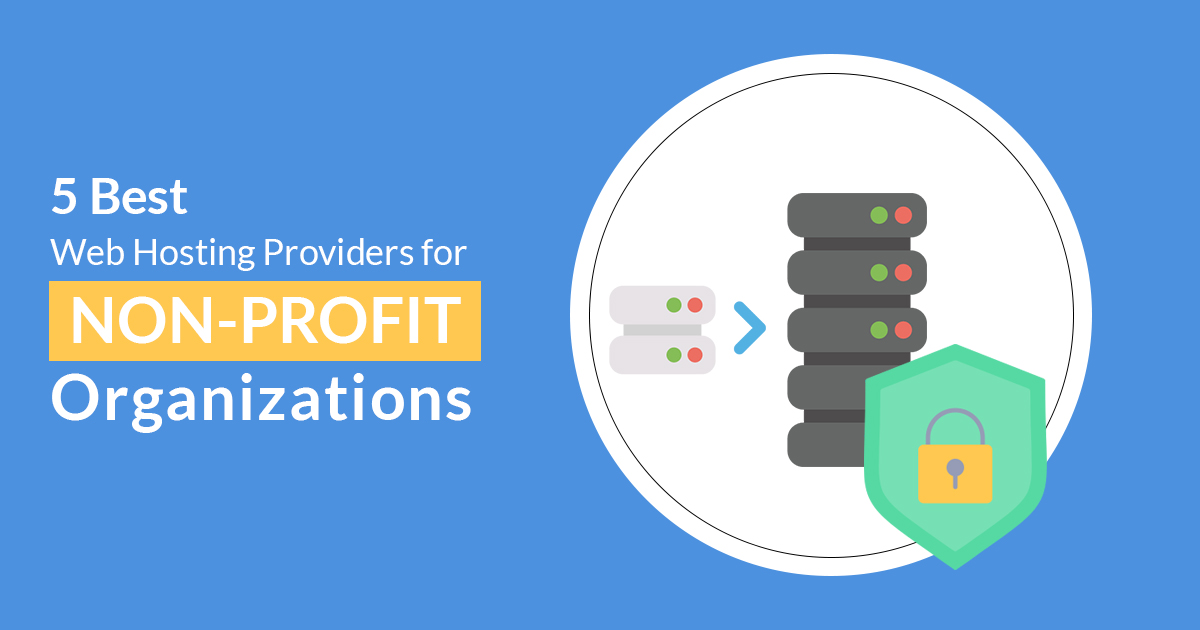How You Should Actually Listen To Your Customers

Your customers will always have high expectations when they choose to prioritize your company. If in return, you missed fulfilling their single expectation, your customers will look for another service provider and better opportunities. Customers also switch to other companies when they face a bad experience with your company’s customer service department.
To avoid this disturbing situation in your company, you should always actively listen to your customers and analyze their reviews and feedback so that you can correct those major issues that were the hindrance to your customer churn.
How to define listening to your customers?
Listening to your customer isn’t just about listening to their problems. It’s not about picking up and answering their phone call at your service desk. Listen to your customers is about connecting with them by paying close attention to their wants and needs and helping them achieve their goals.
Customer service representatives of your company can be excellent listeners as they use all the details of customers and by actively listening to their problems, they provide them solutions. They constantly listen to feedback and stay in tune with your customer’s emotions.
7 Reasons Why To Listen To Your Customers
1. Improve customer loyalty
No matter how great your products and services are, if you are unable to provide customers with what they want or help them to achieve their goals, you will reduce your customer’s loyalty.
To overcome this, you can hire a call center outsourcing team that will ensure that your customers get the maximum satisfaction so that they remain happy and loyal to your business. They will also listen to the feedback from your existing and potential customers and this way they will always fulfill their short and long-term expectations and meet their demands.
2. Reduce customer churn
Poor customer service is one of the biggest reasons why your customers look for your competitors and not your business. When they don’t feel valued during a certain interaction with your support team, they start looking for other service providers. They will be happy to pay your competitors as they will listen to your problems and will provide a better customer experience.
3. Increase your customer retention
When you have a call center outsourcing service, the representatives will interact and listen to your customers. When operators solve the problem of customers, they will buy products from your company in the future and this will develop a long term relationship with your customers as you will solve all their queries.
4. Create a delightful experience
A conversation automatically becomes personal when you actively listen to another person. When a customer service team of your call center outsourcing company involves in the conversation, they become more likely to go above and beyond just for their customers.
This is because they carefully listen to feedback and get connected with their needs and deliver a delightful customer experience by interacting appropriately.
5. Identify cross-selling and upselling opportunities
Listening to customers can also be used to cross-sell and upsell products and services to them.
For example – Your representative is listening to the issue of your customers and they explain to you the complete situation and their frustration regarding the storage space and usage limits of your tools.
Here, your representative can explain to them about your premium plans and their benefits and how they could resolve all their problems. If they are interested in it, then they can refer them to your sales department, and then they can finally close the deal.
6. Grow your business
No business wants to remain in the same position, but they all want to grow and become successful. You can listen to your customers through feedback forms, conducting surveys, or conducting sessions by which you will get the answer on how to grow your business. With this customers will reach out to you again as they will feel valued.
7. Customers share the key to success
Your customers can foresee what can happen to your business in the long run. They can help you deal with your problems when they happen as when they are happy and satisfied with your products and services, your company will get successful in the long run and you will always stay ahead of the competition.
6 Tips to listen to your customers
1. Let your customers speak
You cannot listen to another person if you are speaking. So, to completely listen to your customers, your call center outsourcing representatives need to remain silent until the customers have finished explaining their problems to them.
Even when the customers know the solution to their problems, interrupting while they are speaking, will seem that your team is impatient. Thus, you should wait until your customers are done speaking as you never know what information and knowledge they have which may even change the case.
2. Maintain engagement with the customers on their preferred channels
The primary goal of customer service is to make their customers feel comfortable with your products and services. This includes communicating with your customers on their preferred channels Your customer service team should have complete in-depth knowledge and understanding of your customer base.
It also allows the customer service team to align with the marketing. Identify the potential channels which your customers are likely to use more and look for the customer personas.
For example – If you are targeting a young audience, then social media is the most preferred communication channel. So you can assign your operators to different social media platforms to answer your customer queries and improve customer experience and customer retention.
3. Consider your body language
This tip is not just for in-person customer service but this also affects your chats and calls. Body language is one of the major factors that show whether your representative is listening to your customers attentively or not.
If your representative’s body signal shows that they are not paying attention or are uninterested, it means that they are not interested to listen to the feedback of your customers. The same goes for messages and chats. Your body language will influence the interaction with your customers even when you are not directly facing them.
For example – If you maintain a smile and sit straight at your desk, then you naturally become more energetic and optimistic during a call or message and listen to your customers but if you are showing dullness at the workplace, it means you are not interested in listening to them.
4. Be patient and humble
It can be something frustrating to deal with new customers who are not familiar with your products and services as it might feel like at every troubleshooting step, you need to hold their hands and help them with the basics.
Here, operators can overlook the details and can mentally check out the process. In this step, representatives need to remain calm and cool as users might feel lost with their questions. Thus, your team needs to value each customer’s question equally no matter how difficult the case is.
5. Practice active listening
According to the stats of Super Office, 86% of customers will be happier to pay another service provider if they don’t get the ultimate customer experience that they are looking for.
Active listening is a method of communication used by sales representatives to close the deal. It focuses more on the customer’s speech. Rather than looking for a quick solution, this method encourages representatives to just listen and think about the problem of customers and not interrupt in between.
After this, they repeat the whole problem back to them just to ensure that they have completely understood their issue and give them an appropriate solution.
6. Focus on both the person as well as their problem
The customer doesn’t like to hear the term “I told you so”. Even if your operators have found the perfect solution for your customers, they need to be careful about their tone. So, you just don’t have to focus on their problem but you also have to focus on the person as well.
You need to effectively communicate with your upset customers as it shows that your representatives of the call center outsourcing team have invested in your customer’s case by clearly understanding their problems.
Representatives need to be emotionally intelligent and should be able to determine how the person will react in a particular situation.
Conclusion
There are many benefits of listening to your customers. You need to build an ultimate customer success team as they will learn about the pain points and problems of your customers and will solve them.
Representatives not only solve the problems of users but they strengthen the bond of trust with them which is the most crucial part of maintaining a healthy relationship with your customers on a long-term basis.





